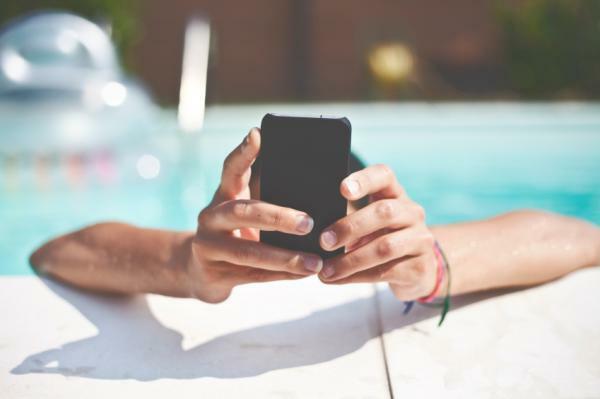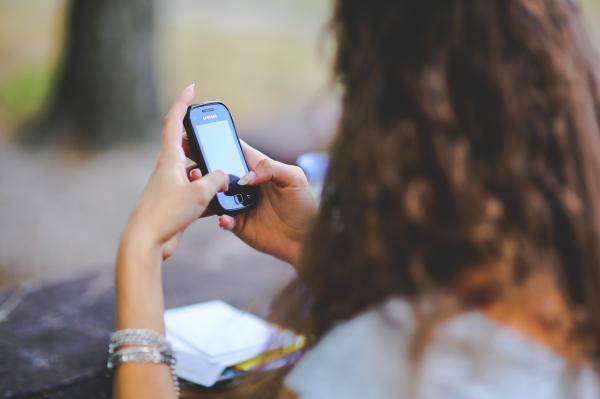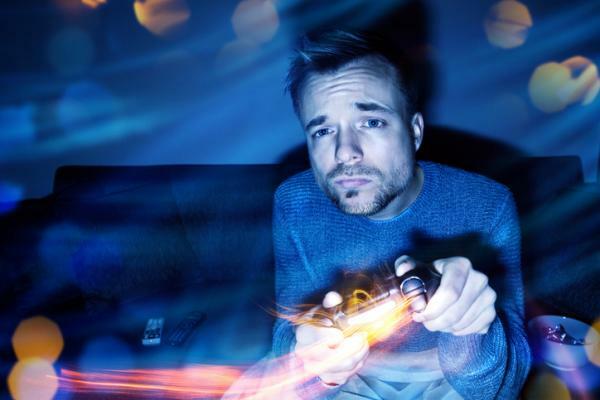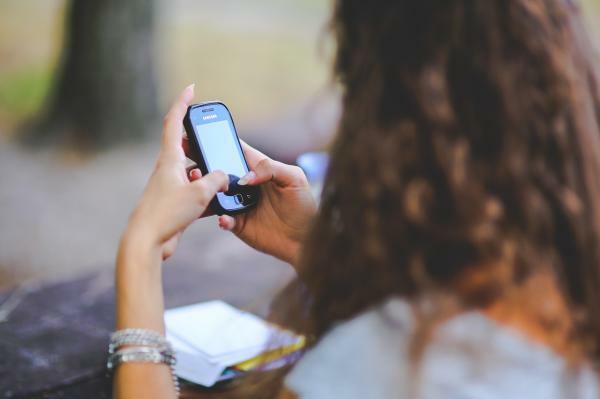
The mobile phone fulfills more and more functionalities beyond the traditional call. Many people feel that they could not live without this device, people who confess a certain dependence. The real problem of this dependence is marked by the suffering produced by any type of addiction, therefore, in this Psychology-Online article we tell you what are the keys to Mobile addiction or nomophobia: symptoms and treatment.
Index
- 10 symptoms of mobile addiction
- Consequences of mobile addiction
- Psychological treatment to treat mobile addiction
10 symptoms of mobile addiction.
To know if you suffer from mobile addiction or Nomophobia, it is important to know what the symptoms of this situation are and, therefore, below we leave you a complete list with the 10 symptoms of mobile addiction which are more frequent:
- Intense anxiety; forgetting the mobile phone at home and not being able to check the news of social networks or WhatsApp for a few hours. That is to say, drama in this daily situation that causes anguish to those who suffer from this dependence.
- Excessive communication. The affected person maintains more communication with friends through the telephone than in face-to-face meetings. The phone also produces continuous interruptions in social gatherings, and events in which it is assumed that it should be silenced. For example, in the cinema or in the theater.
- Time thief. The person spends so many hours in front of the mobile that this affects their routine and her commitments since they postpone many tasks for another time. In the order of priorities of those who suffer from mobile addiction, checking any news is always an emergency.
- Sleeping difficulties. The mobile phone even alters the rest routine of the person who consults it at night on more than one occasion. This accumulation of sleep deprivation takes its toll on a personal level in the form of mood swings and difficulty staying focused.
- Anguish at a technical failure. The mobile phone can be vulnerable to a breakdown or a technological error. This type of unforeseen alarm alarms those who suffer from nomophobia since his state of mind is conditioned by the stimulus of having the mobile phone nearby and being able to use it. On the contrary, not being able to use it, he feels uneasy.
- Alteration of basic habits. For example, the patient even forgets to eat at the scheduled hours to continue attending to the mobile or always eats with the mobile nearby. This addiction affects the appetite, simply because the patient's attention is mainly focused on stimulus that limits her own freedom. In this way, you do not imagine the possibility of turning off the phone for a while every day to avoid interruptions.
- Start and end the day. That is to say, the first thing that someone affected by this addiction does first thing in the morning is to look at their mobile, and it is also the last thing they do before going to bed.
- Lie about his addictionn. For example, it hides the actual time spent in front of the mobile phone each day.
- 9. Difficulties studying or working. Therefore, this addiction affects the results that the person obtains in these areas of his life.
- Isolation from the environment. Even being in a group, you tend to the individuality of your phone. In this way, you can be presently in the same place as those people, but in reality, your mind is on your mobile.

Consequences of mobile addiction.
This addiction produces psychological and social consequences to the affected. The complexity of this addiction lies in the very difficulty of identifying it since the mobile phone is an element of daily use in society.
However, the mobile phone is only a means of communication, it is a tool that, used correctly, improves people's quality of life. For example, reduce interpersonal distance with loved ones who live far away.
What happens, on the contrary, when an addiction occurs? That mobile phone ceases to be a means and becomes an end in itself. The person needs psychological help to overcome the addiction because his freedom of action has been conditioned by the use of the mobile phone as the essential nucleus of his days. This addiction influences behavior of the patient.
The leisure time of the affected person is less and less varied since her hobbies have been displaced by the addiction.
Psychological treatment to treat mobile addiction.
The best treatment for mobile addiction would consist of a specialized therapy to help the patient become aware of her addiction since this step is the most important to continue moving forward. The therapy is not intended to prohibit the use of mobile phones, but to offer psychological resources and tools to the patient to use it in a fair dose.
The patient copes with his exposure to the mobile in a gradual way as he advances in his own recovery process in therapy. That is, the patient acquires a greater self-control in those situations that cause tension and discomfort.
This article is merely informative, in Psychology-Online we do not have the power to make a diagnosis or recommend a treatment. We invite you to go to a psychologist to treat your particular case.
If you want to read more articles similar to Mobile addiction or Nomophobia: symptoms and treatment, we recommend that you enter our category of Addictions.


